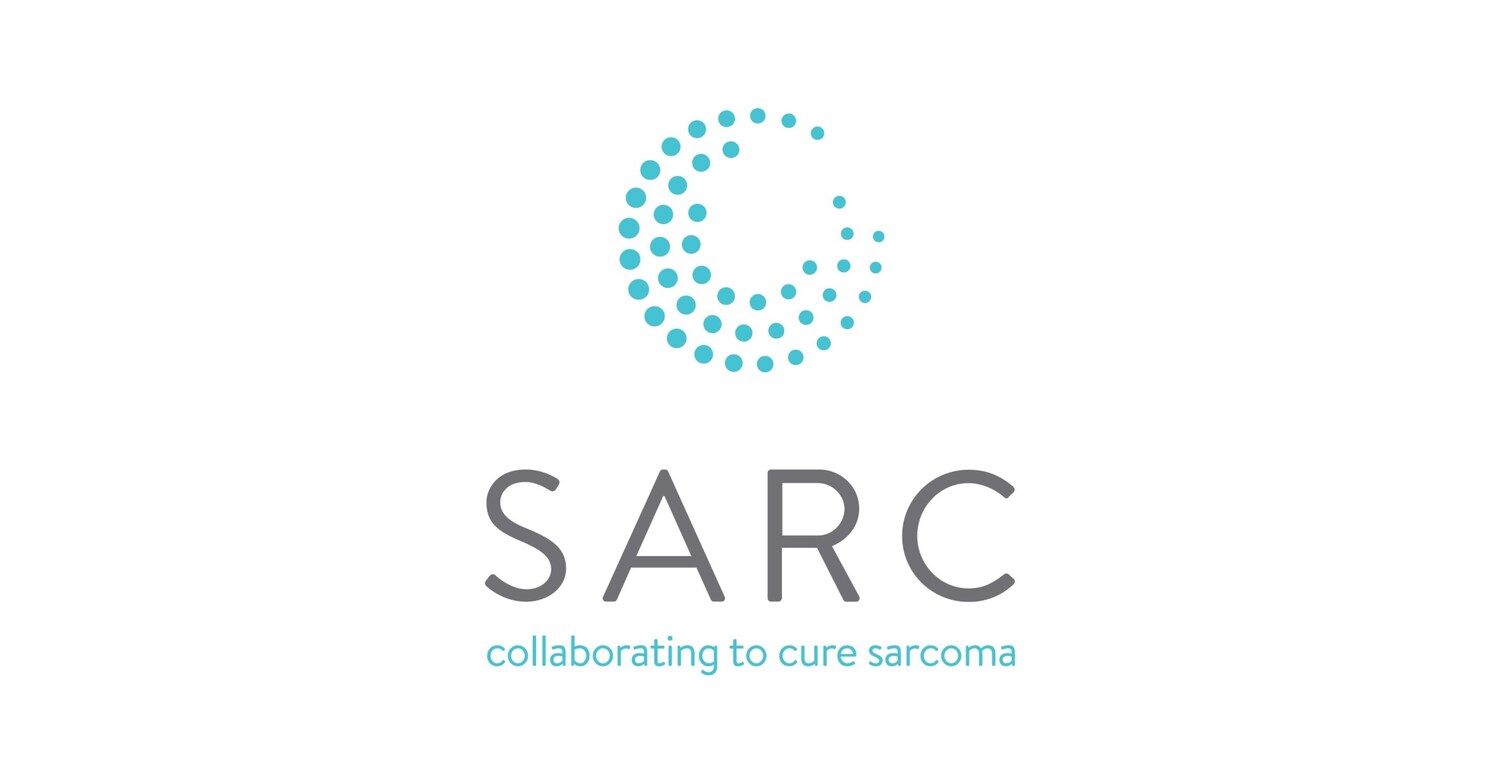, /PRNewswire/ -- Heather Hutchins-Wiese, professor and co-director of the Dietetics and Human Nutrition program at Eastern Michigan University, is leading a regional sustainability initiative aimed at reducing food waste in Southeast Michigan.
Through a collaboration with Make Food Not Waste, a Detroit-based nonprofit that aims to reduce food waste by 50% in Michigan by 2030, Hutchins-Wiese is helping six major Metro Detroit cities—Southfield, Dearborn, Livonia, Farmington Hills, Westland, and Canton—develop comprehensive food waste prevention blueprints tailored to their communities.
"This is more than a waste issue—it's a people issue," said Hutchins-Wiese. "We're working to redirect food from landfills back into homes and onto plates. When we reduce food waste, we tackle food insecurity, protect our environment, and help communities build sustainable systems that nourish and uplift."
As a registered dietitian and member of the EMU Sustainability Commission, Hutchins-Wiese leads efforts to gather and analyze community data, refine survey instruments, and evaluate program outcomes. Her work ensures that each blueprint is community-informed and data-driven, aligning with Earth Day's call for bold action in climate and environmental justice.
The partnership with "Make Food Not Waste" stands out for its holistic approach. In addition to community planning, the organization operates a professional kitchen where chefs transform surplus food into nutritious, dignified meals for individuals and families experiencing food insecurity. In 2023, Make Food Not Waste served thousands of meals, prevented the release of pounds of methane into the atmosphere, and diverted thousands of pounds of food from landfills.
"Our goal is simple—make sure edible food feeds people, not landfills," said Danielle Todd, executive director of Make Food Not Waste. "Working with passionate experts like Hutchins-Wiese strengthens our ability to create lasting, local change. Together, we're activating prevention, rescue, and organics recycling actions across six cities and reaching more than 600,000 people in Southeast Michigan."
The completed blueprint for Southfield serves as a model, providing targeted recommendations for reducing waste across households, grocery stores, restaurants, and institutions. Supported by the Michigan Department of Environment, Great Lakes and Energy, the initiative prioritizes:
- Community education and engagement
- Food rescue and redistribution
- Expansion of composting infrastructure
- Policy guidance and cost and resource assessments
To learn more about the project, visit makefoodnotwaste.org or EMU's Office of Sustainability website.
About Eastern Michigan University
Founded in 1849, Eastern is the second oldest public university in Michigan. It currently serves more than 13,000 students pursuing undergraduate, graduate, specialist, doctoral and certificate degrees in the arts, sciences and professions. In all, more than 300 majors, minors and concentrations are delivered through the University's Colleges of Arts and Sciences; Business; Education; Engineering and Technology; Health and Human Services; and its graduate school. National publications regularly recognize EMU for its excellence, diversity, and commitment to applied education. Visit the University's rankings and points of pride websites to learn more. For more information, visit emich.edu. To stay up to date on University news, activities and announcements, visit EMU Today.
SOURCE Eastern Michigan University

WANT YOUR COMPANY'S NEWS FEATURED ON PRNEWSWIRE.COM?
![]()
440k+
Newsrooms &
Influencers
![]()
9k+
Digital Media
Outlets
![]()
270k+
Journalists
Opted In
.png)
 German (DE)
German (DE)  English (US)
English (US)  Spanish (ES)
Spanish (ES)  French (FR)
French (FR)  Hindi (IN)
Hindi (IN)  Italian (IT)
Italian (IT)  Russian (RU)
Russian (RU)  17 hours ago
5
17 hours ago
5









Comments